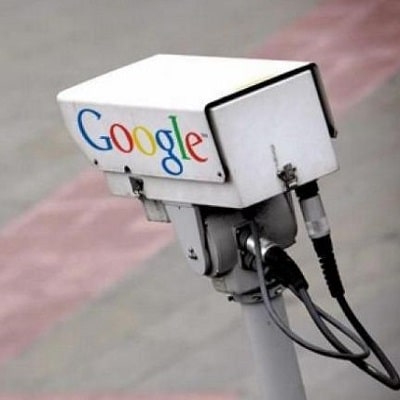
What Does Google Know About Us?
Living in the digital era, the boundary between personal privacy and public space has become more blurred. Google, the multinational technology conglomerate, is at the forefront of this digital information revolution. This article uncovers seven instances showcasing how Google may know more about us than we might think.
How Google Sees Us
Every click, search, and interaction on a Google-based platform contributes to a virtual profile that Google constructs for every user. This profile, largely used for advertising, is based on demographics, preferences, and behavior patterns.
History of Your Movements
Google Maps, coupled with Location History, provides a comprehensive account of our physical movements. This service, initially designed for personalized recommendations and traffic predictions, keeps track of every location visited, routes taken, and even the time spent in each place.
Google Keeps a History of Your Searches
Google maintains an extensive history of all your searches across all of its platforms, including YouTube. It creates a detailed picture of your interests, preferences and needs. If you visited the Solverde casino, then this information will be recorded and in the future, you will be provided with bonuses. Also, it’s worth noting that these entries persist even if you delete your browsing history.
Including Voice
Voice search data or voice commands via Google Assistant are not exempt. Google stores all voice-related data, raising questions about the depth of information being gathered, from everyday inquiries to potentially sensitive conversations.

Google Allows All Data to be Exported
Google Takeout is a service that allows users to export their data across all Google services. While this provides a level of transparency, it also serves as a stark reminder of the sheer volume of data Google has on each user.
There are Apps and Extensions that Have Access to Your Data
Third-party apps and extensions often require permission to access your Google account data. These can range from email clients and calendar apps to games and productivity tools, creating potential vulnerabilities.
Google Knows All Devices and Gadgets Connected to Your Account
Every device that you log into with your Google account is tracked and recorded. Google maintains a list of these devices, including details about their model, location, and last used time.
How to Use It?
While the volume of data Google collects can seem overwhelming, it’s important to remember that much of this collection is used to enhance user experiences. To leverage this:
- Use Personalized Services: The collected data helps Google personalize your online experience, offering tailored search results, recommendations, and alerts.
- Maintain Online Safety: Regularly review the devices connected to your Google account and the permissions granted to third-party apps. Remove any unknown or unnecessary connections to ensure your data stays secure.
- Download Your Data: Use Google Takeout to review and manage your data. This allows you to see what information Google is collecting and to take steps if you’re uncomfortable with any data being stored.
In conclusion, Google’s reach into our lives is extensive, fueled by its wide range of services. While some may find this unsettling, it’s part of a trade-off we make for more personalized and efficient digital experiences. By staying informed and managing our data, we can retain control over our digital footprint.
